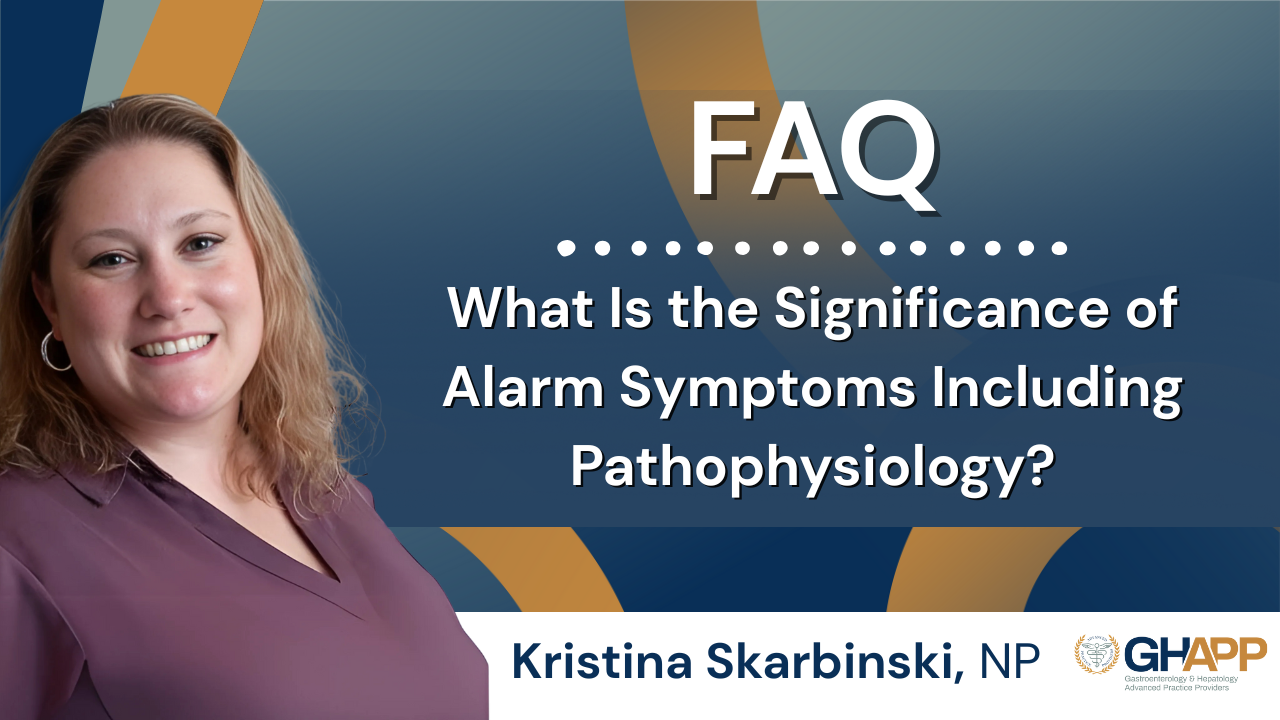Welcome to the GHAPP Digital Hub
The Gastroenterology & Hepatology Advanced Practice Providers (GHAPP) is dedicated to developing educational programs, providing professional advancement services, and assembling resources for—and guided by—advanced practice providers (APPs).
The GHAPP Digital Hub is the place for all GI & Liver digital education for APPs. Here you will have access to podcasts and various short video modules.
Faculty

Alison Moe
PA-C
Atlanta, GA, USA

Elizabeth Goacher
PA-C, MHS
Raleigh, NC

Ann Moore
NP
Phoenix, AZ

Christina Hanson
FNP-C
South Denver Gastroenterology

Gabriella McCarty
NP-C
North Shore Gastroenterology

Tedra Gray
NP-C
Sinai Medical Group

Kimberly Orleck
PA-C
Atlanta Gastroenterology Associates

Anne Feldman
NP
Cleveland Clinic Cleveland, OH

Corrie Berk
NP
The Texas Liver Institute

Lisa Richards
NP
UC San Diego

Jonathan Yeh
PA
Columbia University Irving Medical Center

Whitney Steinmetz
NP
Presbyterian Healthcare Services

Patrick Horne
NP
University of Florida
.png)
April Morris
FNP
Liver Institute of Virginia

Robin Soto
NP
UC San Diego Health
Podcasts
Webcasts
FAQ Video Modules
Journal Club Video Modules
Medication Review Video Modules
Publications


Download the app and start using it now





 Faculty
Faculty  Podcasts
Podcasts  FAQ Video Module
FAQ Video Module  Journal Club Videos Module
Journal Club Videos Module  Medical Review Videos Module
Medical Review Videos Module  Publications
Publications  Digital Sponsors
Digital Sponsors 























































.png)











